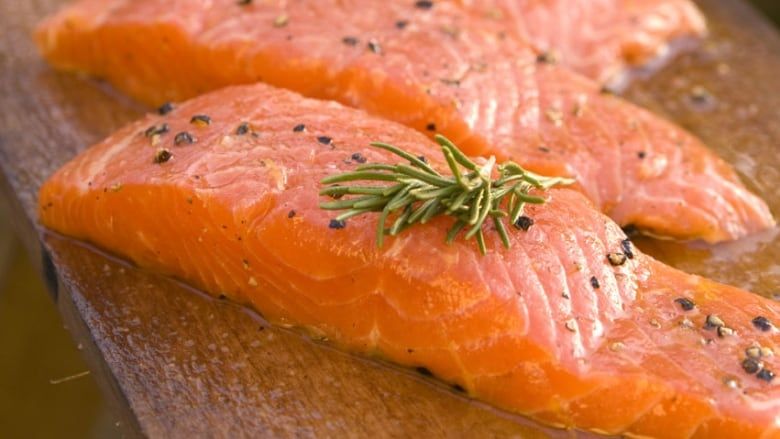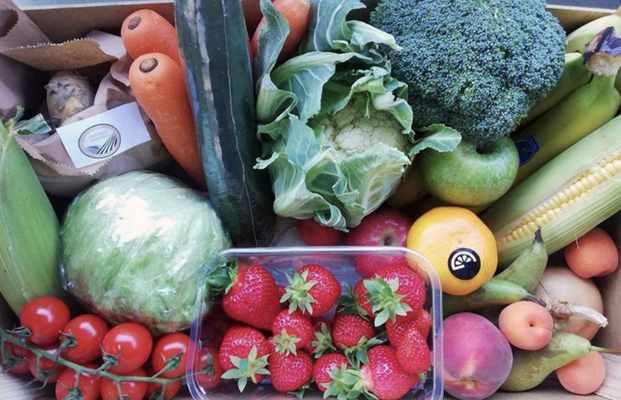SALMON is a very versatile foodstuff when it comes to nutrition with plenty of valuable macro and micronutrients.
Salmon is also a very good source of protein, which is responsible for structure within our bodies, notably the collagen building block. It is an excellent source of Omega 3 which contributes to the part of our brains responsible for learning, movement, memory and problem-solving skills.
Salmon is an excellent source of minerals like potassium, phosphorus, magnesium, zinc and selenium, which help with movement, bones, energy metabolism, tooth enamel, sleep and thyroid hormones.
When it comes to vitamins, the versatility is excellent. Salmon is an excellent source of vitamin D, B1, B2, B3, B5, B6, B7, B9 and B12. These help with calcium absorption in bones, energy metabolism, adrenaline, immune system, red blood cells and our DNA blueprint. So, what are the recommendations for fish and salmon?
It’s advised to have two portions of fish per week, one oily like salmon and one white fish or shellfish. For regular fish eaters it is advised to have no more than four portions of oily fish per week, which also includes mackerel, sardines, herring, pilchards etc.
For women who are planning pregnancy or would like to have a child one day it’s advised to not go above two portions of oily fish per week. Try salmon with rice and some vegetables to boost your starch and vegetable intakes too.
Lee McCusker (BA; MSc; MSc; MSc; ANutr; SENr) is a registered nutritionist from Belfast and can be found on Facebook, Instagram and Twitter. Email: attentivenutrition@gmail.com






